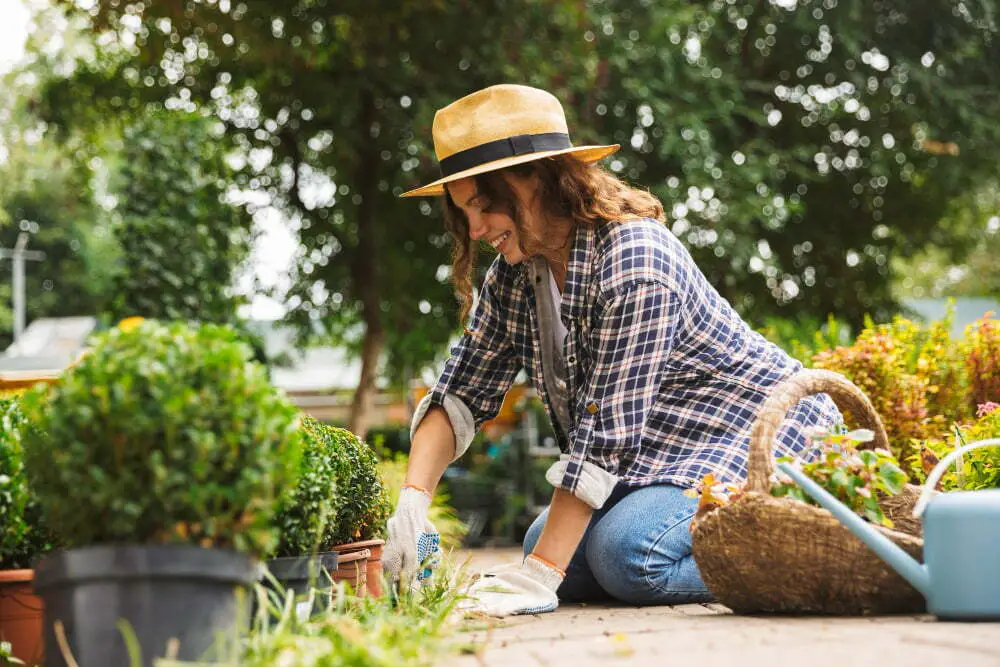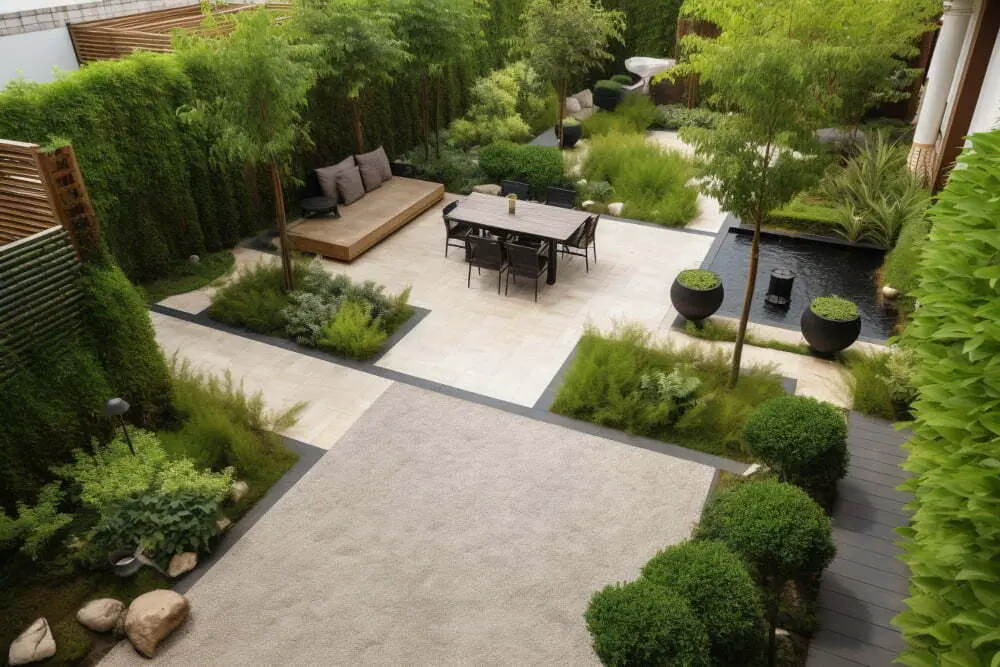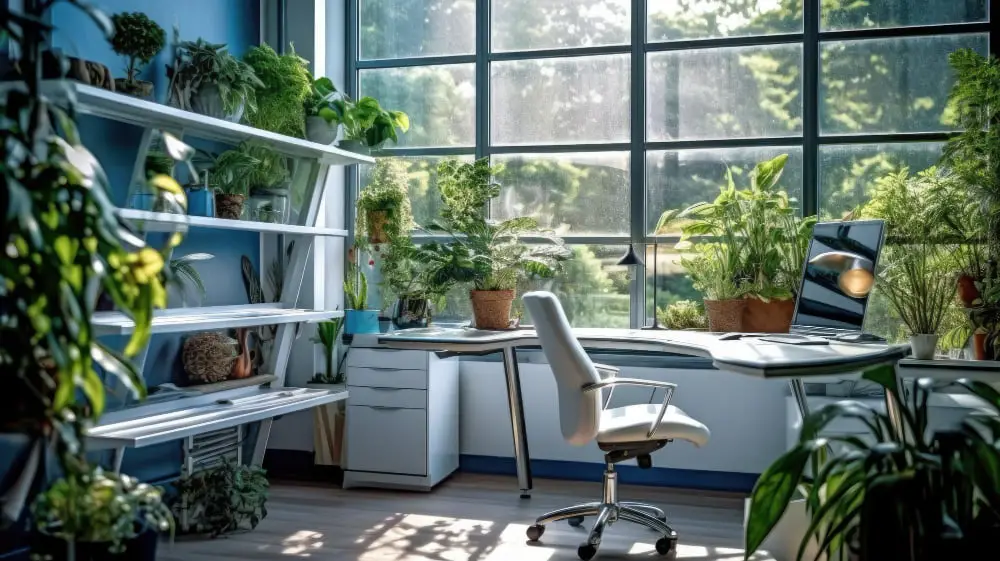Last updated on
The idea of cultivating a home garden might seem like a quaint and old-fashioned pastime. However, the rewards that come from nurturing your patch of greenery are far from outdated. Gardening is more than just a hobby; it’s a holistic lifestyle choice that offers a myriad of benefits.
From enhancing mental well-being to promoting physical health and fostering a deep connection with nature, cultivating a home garden can truly transform your life. In this article, we will delve into key aspects of why nurturing a home garden leads to a rewarding lifestyle.
Mental Well-being: Cultivating Tranquility Amidst Chaos
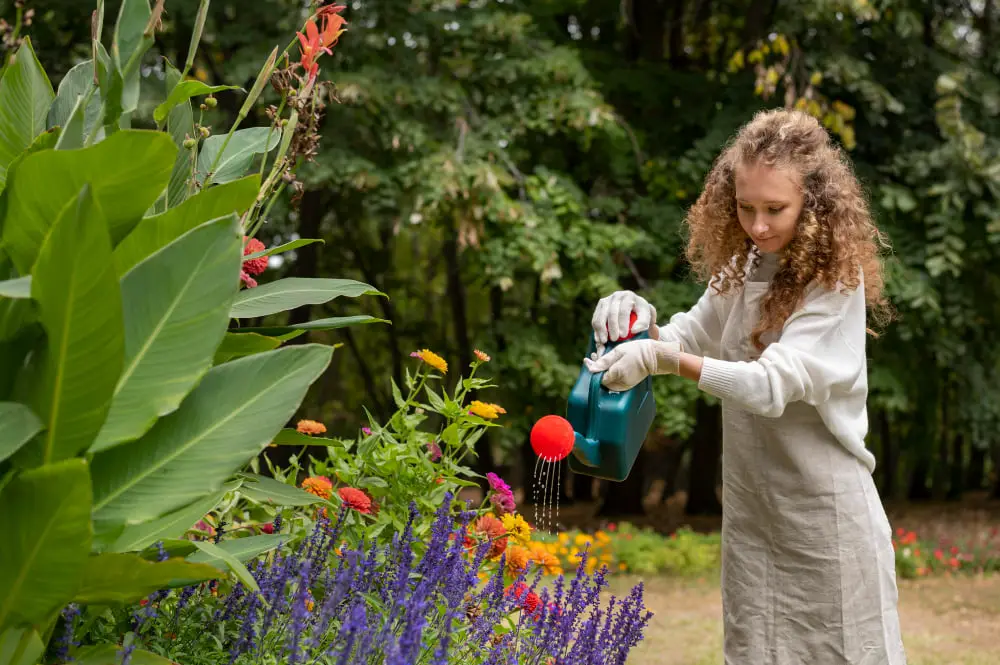
Life can often become overwhelming, with the constant hustle and bustle of our modern existence. Amidst this chaos, a home garden serves as an oasis of tranquility.
The act of tending to plants, whether it’s watering, weeding, or simply observing their growth, has a profound impact on our mental well-being. Gardening provides an opportunity to disconnect from the digital world, offering a respite from the relentless stream of notifications and information.
Research has shown that gardening reduces stress levels and promotes relaxation. When we immerse ourselves in the nurturing process, our bodies release endorphins, commonly known as “feel-good” hormones.
The sight of vibrant blooms, the aroma of herbs, and the sound of leaves rustling in the breeze can be incredibly soothing. Additionally, the sense of accomplishment that comes from successfully growing and caring for plants boosts self-esteem and fosters a positive mindset.
Physical Health: A Natural Path to Exercise and Nutrition
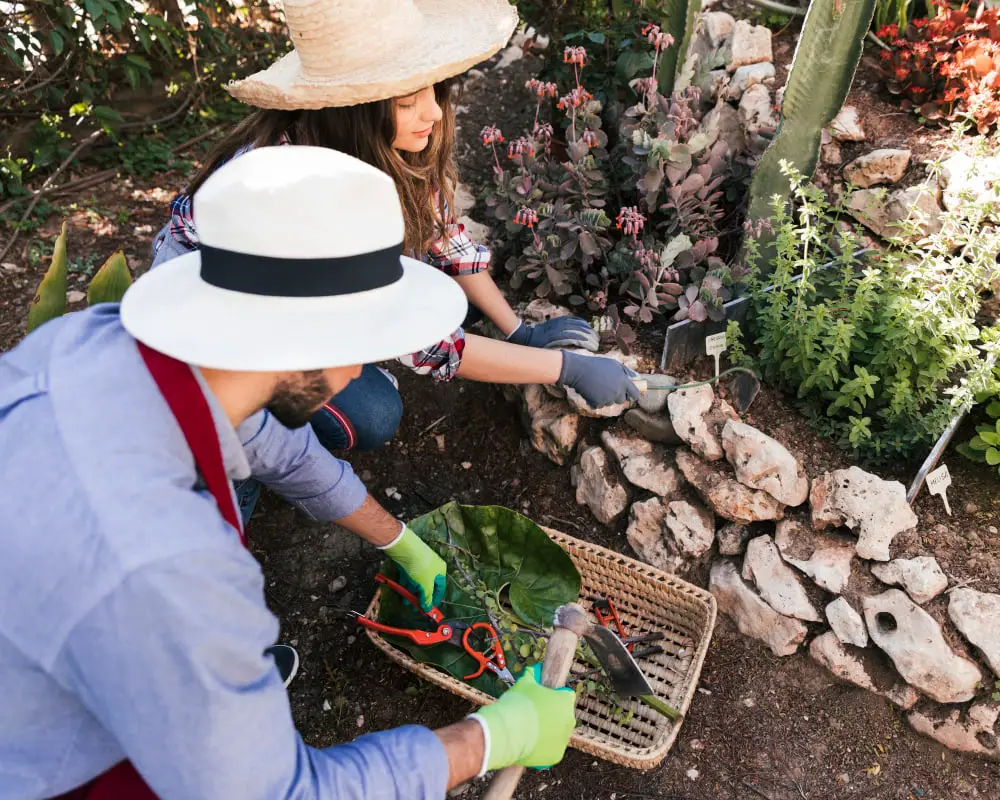
Gardening is not only beneficial for the mind but also for the body. Engaging in garden-related activities is a form of physical exercise that can be enjoyable and fulfilling.
Digging, planting, weeding, and harvesting all involve various muscle groups, providing a full-body workout without the monotony of a traditional gym session. Moreover, spending time outdoors in the fresh air and sunshine while tending to your garden contributes to increased vitamin D absorption, which is essential for bone health and overall well-being.
In addition to exercise, a home garden encourages a closer relationship with the food we consume. Growing your fruits, vegetables, and herbs allows you to have a direct hand in the quality of the produce you put on your plate.
It’s an empowering experience to watch your food grow from seed to table, knowing it is free from harmful pesticides and chemicals. This not only promotes a healthier diet but also reduces your carbon footprint by decreasing the need for store-bought, packaged goods.
A Source of Creativity: Designing Your Green Haven
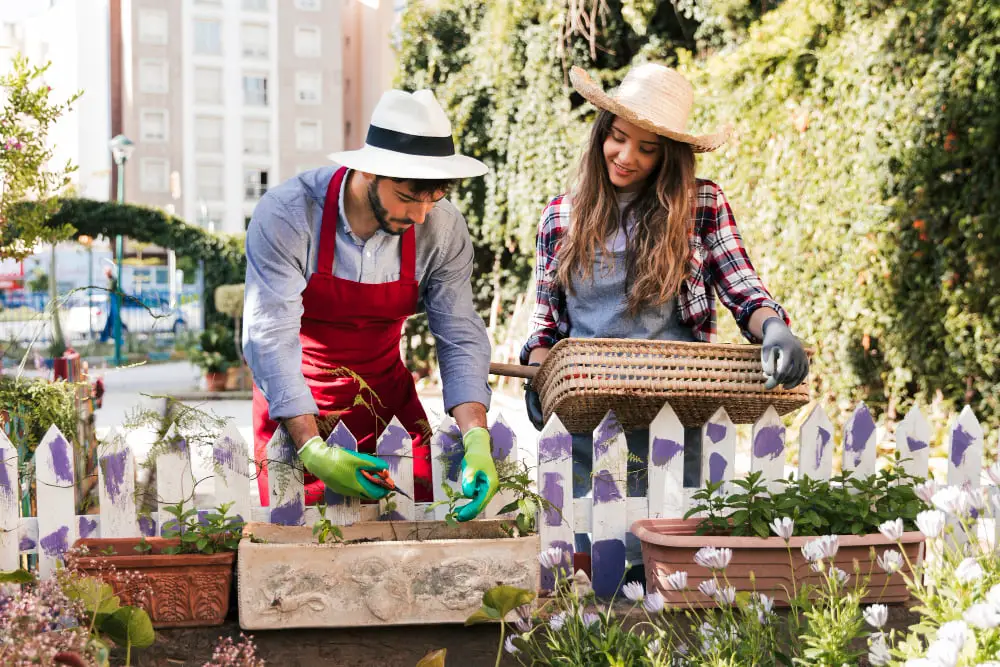
Creating and maintaining a home garden is akin to being an artist with a blank canvas. Your garden is not only a place for plants to thrive but also a reflection of your creativity and personality.
Whether you prefer a wild and rustic look or a meticulously planned formal garden, the design possibilities are endless. Planning your garden layout, choosing the right plants, and experimenting with colors and textures allow you to express yourself and develop your design skills.
Additionally, exploring a wide range of garden products such as garden stakes, decorative planters for herbs, and charming garden signs can inspire and enhance your gardening journey, offering a variety of options for gardeners to personalize their green haven. Ultimately, the garden products and accessories available provide the finishing touches that transform your garden into a truly unique and inviting space to enjoy year-round.
Connection with Nature: Nurturing the Earth, Nurturing Ourselves
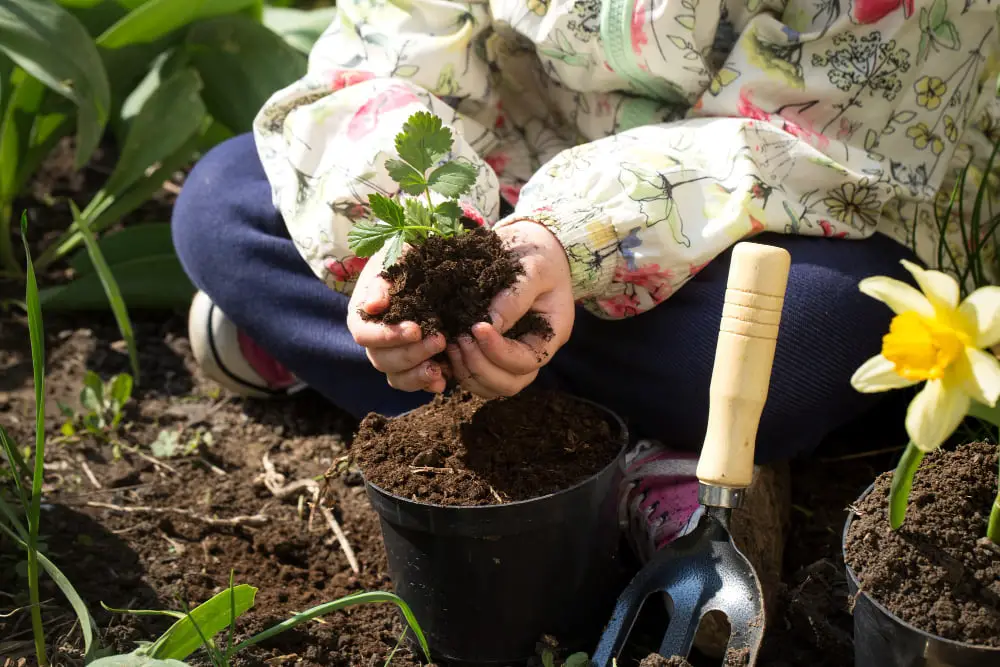
In an era dominated by technology and urbanization, many people have become increasingly disconnected from the natural world. Nurturing a home garden provides an opportunity to rekindle our relationship with Mother Earth.
As we dig our hands into the soil, we become aware of the interconnectedness of all life forms. We witness the seasons change, observe the rhythms of nature, and develop a profound appreciation for the delicate balance that sustains our planet.
Moreover, home gardening allows us to actively contribute to environmental conservation. By planting native species and creating a haven for pollinators, we support local ecosystems and promote biodiversity.
We also reduce our reliance on mass-produced, resource-intensive agriculture, thereby lessening our impact on the environment. In essence, nurturing a home garden is a way of giving back to the Earth and fostering a sense of responsibility for its well-being.
To take it a step further, raising animals in your garden can offer more rewards. For example, backyard beekeeping provides many benefits, including contributing to the bee population, having more pollinators to help your garden flourish, and a fresh supply of homemade honey, among others. Getting started will require some preparation. One of which is securing a healthy queen bee, worker bees, and drones for your first hive. Educating yourself about bees and beekeeping is also vital and helps set you up for success. Beekeeping can be an immensely rewarding endeavor not only for the beekeeper but also for the environment.
A Bonding Experience: Gardening as a Family Activity
Nurturing a home garden can be a fantastic family bonding experience. In a world where families often find themselves scattered by busy schedules and screens, gardening offers a chance to connect with loved ones while working towards a shared goal. Gardening tasks can be adapted to suit all ages and abilities, making it an inclusive activity for everyone, from young children to grandparents.
Engaging in gardening as a family not only strengthens interpersonal relationships but also imparts valuable life lessons. Children learn about responsibility, patience, and the wonders of the natural world by tending to plants and watching them grow.
Furthermore, it creates a sense of pride and ownership when family members can enjoy the literal fruits (or vegetables and flowers) of their labor together during mealtimes or in the form of beautiful garden displays.
Sustainable Living: Reducing Waste and Promoting Conservation
In an era marked by concerns about climate change and environmental degradation, gardening at home aligns perfectly with sustainable living practices. By composting kitchen scraps and garden waste, you can significantly reduce the amount of organic material sent to landfills. This not only minimizes waste but also enriches your garden soil, creating a closed-loop system that benefits both your garden and the environment.
Additionally, home gardeners have the opportunity to incorporate eco-friendly practices such as rainwater harvesting, using natural pest control methods, and choosing drought-tolerant plants. These actions reduce the demand for natural resources and contribute to the conservation of water and biodiversity. Gardening at home can serve as a small but meaningful step towards a more sustainable and environmentally responsible lifestyle.
The Takeaway
Nurturing a home garden offers a myriad of benefits that extend far beyond the act of planting and tending to plants. It encourages creativity, fosters family bonds, and supports sustainable living practices. So, whether you’re a seasoned gardener or a complete novice, consider taking up the rewarding lifestyle of home gardening – it’s a journey filled with personal growth, creativity, and a deep connection to the natural world.
Continue reading:
Recap
